On writing to change the story
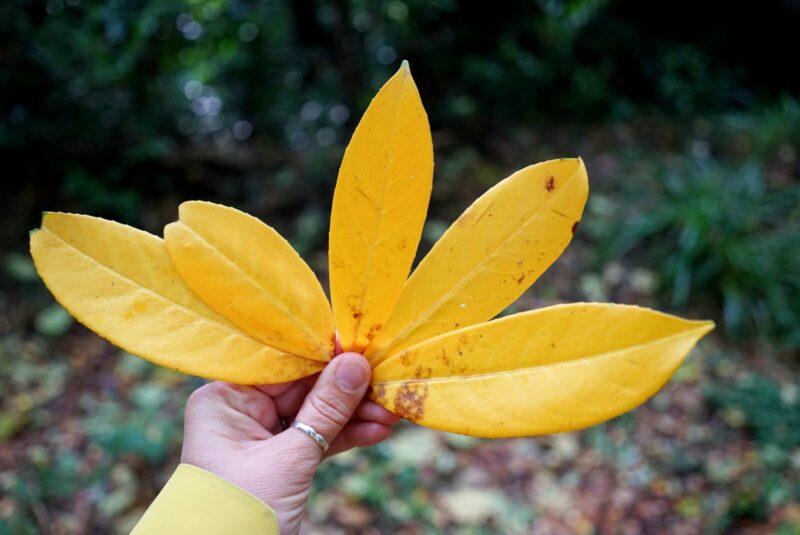
At the end of November, I attended the last 2022 session of the Climate Writing Group: Writing For Change. It was hosted by Thin Places author Kerri ní Dochartaigh for the Irish Writers Centre, with Manchán Magan and Clodagh Daly as guest speakers.
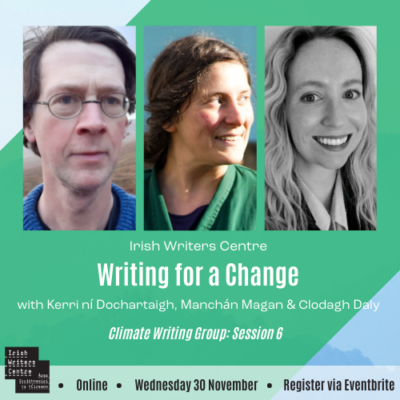
It was a beautifully inspiring event around Manchán’s latest book, Listen to the Land Speak, and Clodagh’s work in getting rights of nature enshrined in Ireland’s Constitution – a tantalising prospect!
Near the end, an audience member asked a question that every writer living in this day and age ponders: “Is writing going to be enough in the face of the ecological crisis?”
I recognised my own climate anxiety in her question. It is the same doubt I have felt many times since waking up to the climate emergency 4 years ago.
Many times I have anxiously questioned how my writing was going to help. It felt like a vanity project of epic futility in the face of imminent ecological collapse.
Nowadays, I see this nagging question as a symptom of our capitalist conditioning, with its relentless drive to do, to hurry up, to make things happen – and to forget ourselves in the process. Self-neglect.
But as philosopher, writer and activist Bayo Akolomafé says,
The times are urgent; let us slow down.
Because this is not how things work, or how change plays out. Throwing ourselves into outward activism to save the world, stretching ourselves too thin with the mistaken belief that this is what it takes to make an immediate impact, is a recipe for burnout. I know, because I’ve been there and done just that.
We are called to do the work and thrive, not to do the work on capitalist terms and collapse.
- Read: A Slower Urgency
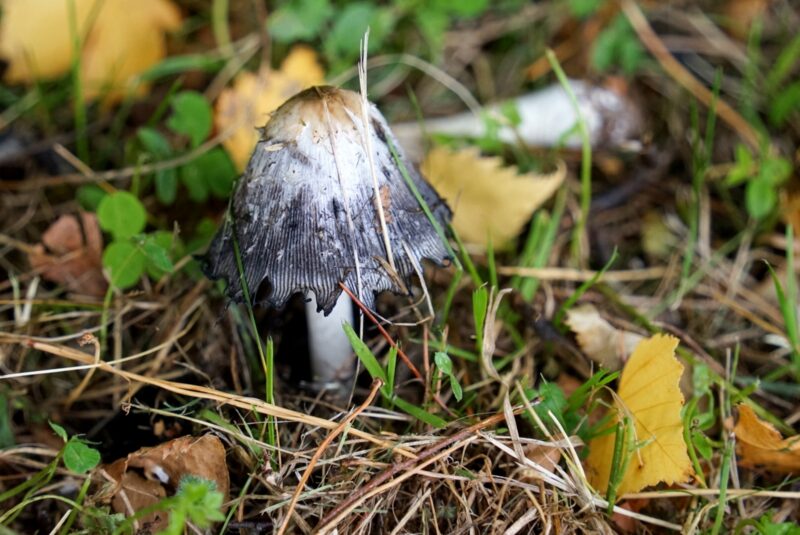
Trust what you feel called to do even if,
especially if it feels counterproductive.
Trust what you feel called to do, especially if it goes against what grind culture would have you do.
Because we are meant to till and tend to this Earth. We are meant to create, not produce. We are not meant to betray our calling to go on a crusade that will only keep the capitalist death-machine going.
In Braiding Sweetgrass, Robin Wall Kimmerer wonders what is the gift that she can offer in reciprocity for the bounty of the Earth. She then realises that writing is her gift, but even she doubts that it will be enough.
Yet her writing is changing the world. The effects of her creative work may not be immediately visible, but her words are rippling out far and wide. The seeds she sent out on the wind are taking root in unexpected places.
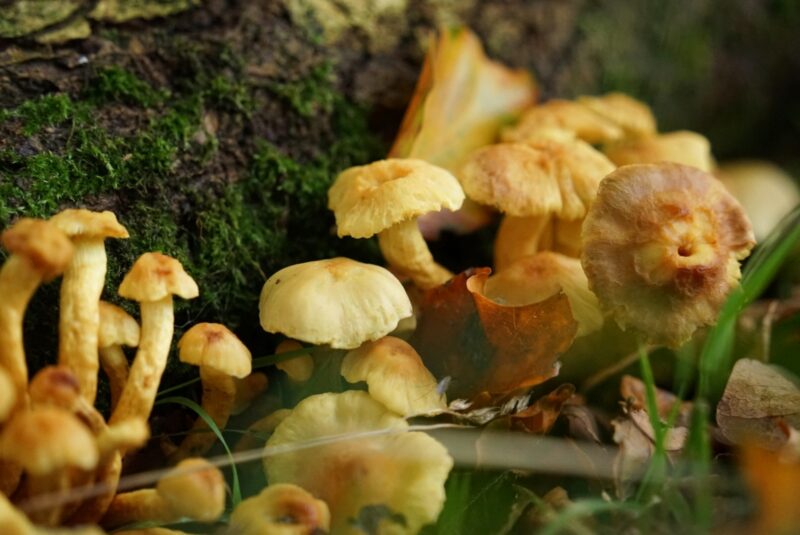
Author and activist Rebecca Solnit often says that we often don’t see until much later the impact our actions have, sometimes not even in our lifetime. Writing, she writes in Hope in the Dark, “is a model for how indirect effect can be, how delayed, how invisible; no one is more hopeful than a writer, no one is a bigger gambler.”
Because the impact of our writing is not immediately visible doesn’t mean we shouldn’t write in the first place. After all, the world unfolds in mysterious ways. “Nobody can know the full consequences of their actions, and history is full of small acts that changed the world in surprising ways.” (Rebecca Solnit again)
Words to change the story
If we’re going to change the story, i.e. dismantle the dominant narrative of patriarchal capitalism, human supremacy and separation from nature, we need to tell and share our stories. Stories that haven’t been told before, from voices that haven’t been heard before, by women, people of colour, LGBTQ+ people, poor people, etc.
For every system of oppression, there is a web of stories waiting to be told and that we need to hear, to counter the narrative that being an obscenely wealthy white straight cis male is the only form of success, and the golden standard we should all aspire to.
As for the old stories and myths that have been buried and forgotten, they need to be told again, remembered, and learnt from.
We need to change the story without pandering to the current systems of oppression. It means redefining what success is; it means taking space unapologetically, without waiting for anyone’s approval; and, as we tell our stories, it means finding our people, in order to divest from this toxic system together, and thus free us all.
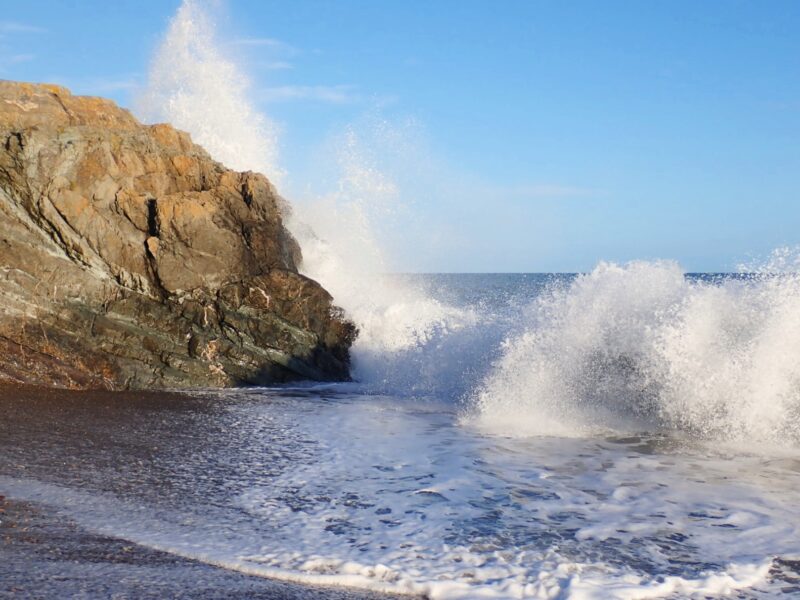
We often don’t see until much later the impact our actions have
As the unforgettable Robin Williams, as English teacher John Keating, explains in Dead Poets Society,
“We don’t read and write poetry because it’s cute. We read and write poetry because we are members of the human race. And the human race is filled with passion. And medicine, law, business, engineering, these are noble pursuits and necessary to sustain life. But poetry, beauty, romance, love, these are what we stay alive for.
He goes on:
“To quote from Whitman, “O me! O life!… of the questions of these recurring; of the endless trains of the faithless… of cities filled with the foolish; what good amid these, O me, O life?” “Answer. That you are here — that life exists, and identity; that the powerful play goes on and you may contribute a verse.”
That the powerful play goes on and you may contribute a verse.
What will your verse be?”
Listening to and acting on our creative impulse is answering the call from the Earth herself.
It is doing the Life Force’s work on Earth, instead of enabling and upholding the patriarchal models of activism.
Trust that what you feel called to do is exactly what is needed right now.
What will your verse be?
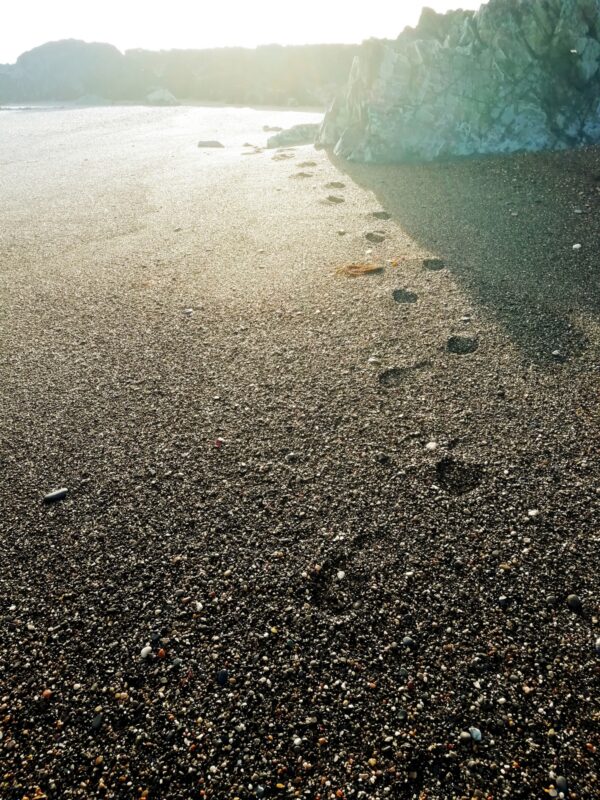
Related
- When the alarm bell of climate anxiety is ringing
- We all are the Climate Generation – an interview with Lorna Gold
- COP26 – Don’t go back to sleep
- On wintering as an activist




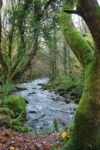 Previous Post
Previous Post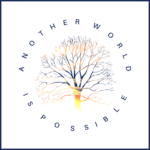 Next Post
Next Post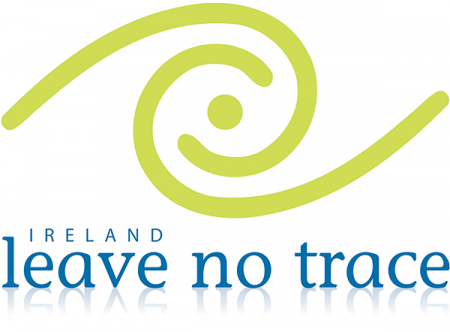
[…] On writing to change the story […]